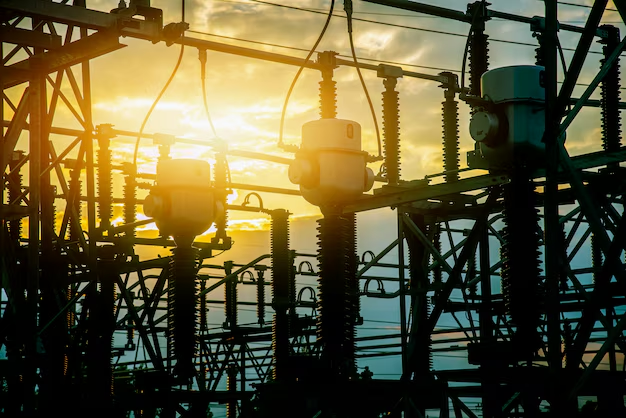Do Electricians Work at Power Plants? Here's What You Need to Know
When you think of electricians, you might imagine them fixing faulty wiring in your home or installing new lighting fixtures. But do electricians work at power plants? Indeed, they do. Electricians play an essential role in the operation of power plants, ensuring the efficient generation and distribution of electricity, and their expertise is critical to maintaining a reliable power grid.
Understanding the Role of Electricians in Power Plants
Electricians at power plants focus on a variety of tasks that are crucial for the facility's overall functionality. Here's an overview:
Installation and Maintenance: Electricians are responsible for installing and maintaining electrical equipment essential for power generation. This includes transformers, circuit breakers, generators, and other heavy-duty machinery.
Troubleshooting and Repairs: When equipment fails or malfunctions, electricians step in to troubleshoot and repair issues to minimize downtime and prevent power outages.
Safety and Compliance: Power plant electricians must adhere to strict safety regulations to protect themselves and others from electrical hazards. They also ensure that the plant complies with local and federal electrical codes and standards.
System Upgrades: As technology evolves, electricians play a key role in upgrading the plant's systems, integrating new technologies, and enhancing the efficiency and safety of power generation and distribution.
The Bigger Picture: Opportunities in the Energy Sector
Working as an electrician at a power plant can be a rewarding career with stable pay and benefits. However, to enter this field, one typically requires specialized training and certification, which can be financially challenging for some. Fortunately, there are numerous resources and programs available to help those aspiring to enter the energy sector.
Training and Education Programs
Exploring educational grants and scholarships can greatly ease the cost of training:
Vocational Grants and Scholarships: Government and private institutions offer grants and scholarships specifically targeting technical trades, including electrical training.
Apprenticeship Programs: Many power companies offer paid apprenticeship programs, providing hands-on experience while working towards certification.
Financial Assistance and Support
It's important to know about financial aid options that can alleviate the burden of tuition costs:
Federal Student Aid: The U.S. Department of Education provides financial aid to those pursuing career training and education.
State-Specific Programs: Various states offer financial assistance or incentives for individuals training in high-demand fields, such as the electrical trades.
Long-term Career Benefits
A career in the energy sector not only ensures job security but can also open doors to further advancement within the industry. For those facing financial hurdles, understanding available debt relief options can be crucial:
Loan Forgiveness Programs: Certain programs arrange for forgiveness of student loans for those working in critical infrastructure roles, such as at power plants.
Credit Counseling: Engaging with credit counseling services can assist in managing finances effectively, helping workers focus on their career growth rather than financial stress.
Summary of Resources
Here's a quick glance at valuable resources to kickstart or advance a career as an electrician at a power plant:
- 🎓 Vocational Grants & Scholarships: Financial support for education in electrical trades.
- 🤝 Apprenticeship Opportunities: Combine learning with earning.
- 💵 Federal & State Financial Aid: Assist with tuition and training costs.
- 📉 Loan Forgiveness Programs: Reduce student debt for technical roles.
- 💳 Credit Counseling: Manage and improve personal finances.
Embarking on a career as an electrician at a power plant not only contributes to keeping the lights on but also offers an excellent platform for professional growth and stability. By utilizing educational and financial tools, aspiring electricians can overcome financial barriers and join a critical, respected industry.

